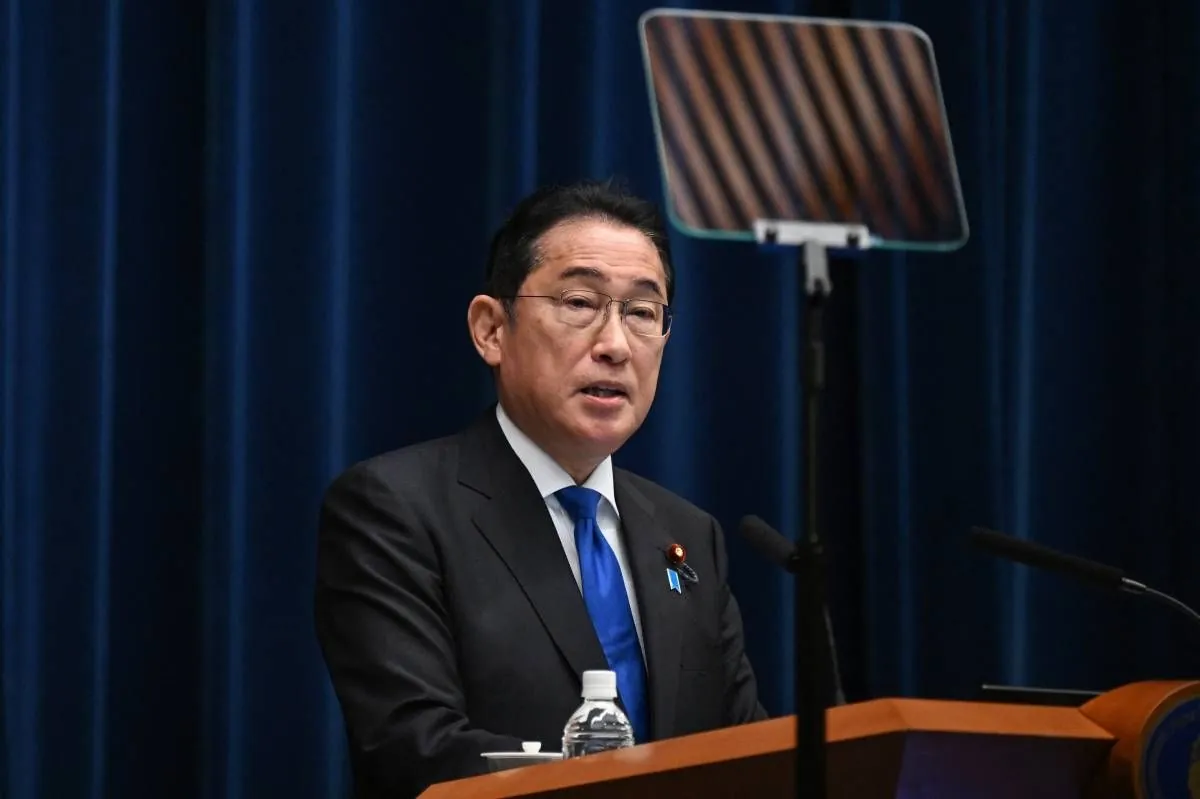Fumio Kishida, Japan's Prime Minister, has declared his intention to step down from office next month, initiating a leadership transition in the world's fourth-largest economy. This announcement comes after nearly three years in power, a relatively extended tenure in modern Japanese politics.
The decision to resign stems from various factors, including a decline in public support. Kishida's administration faced criticism due to a slush fund scandal and controversies surrounding the ruling party's association with the Unification Church. Additionally, economic challenges, such as rising prices outpacing wage increases, contributed to the erosion of his popularity.
The process of selecting a new leader in Japan follows a parliamentary system, where the head of the ruling party, typically the Liberal Democratic Party (LDP), assumes the role of prime minister. The LDP, which has dominated Japanese politics for most of the post-World War II era, is set to hold its leadership election in September 2024.
Potential successors to Kishida include:
- Shigeru Ishiba, former Defense Minister
- Toshimitsu Motegi, former Foreign Minister
The LDP leadership contest requires candidates to secure 20 signatures from party parliamentarians to enter the race. Political factions play a crucial role in these elections, with former prime ministers Taro Aso, Yoshihide Suga, and Kishida himself potentially acting as influential figures in the selection process.
The voting mechanism for the LDP leadership involves both party lawmakers and rank-and-file members. The LDP currently has 369 representatives in the upper and lower houses of parliament, while registered party members numbered approximately 1.13 million during the previous election in 2021. Votes from party members are tallied using the D'Hondt method, a proportional representation system.
If no candidate secures a majority in the initial round, a run-off vote between the top two contenders will be conducted. Once a new LDP leader is elected, both houses of parliament will convene to officially elect the next prime minister. Given the LDP's majority in both chambers, it is highly likely that the party's chosen leader will assume the role of prime minister.
The formation of the new administration is expected to occur in early October 2024, with the incoming premier likely to establish a new cabinet and reorganize LDP party executives.
"After careful consideration, I have decided to resign as Prime Minister. It is time for new leadership to address the challenges facing our nation."
This transition comes at a critical time for Japan, as the country grapples with economic pressures and geopolitical challenges. The next administration will face the task of revitalizing the economy, addressing demographic issues, and navigating complex international relations in an increasingly uncertain global landscape.
